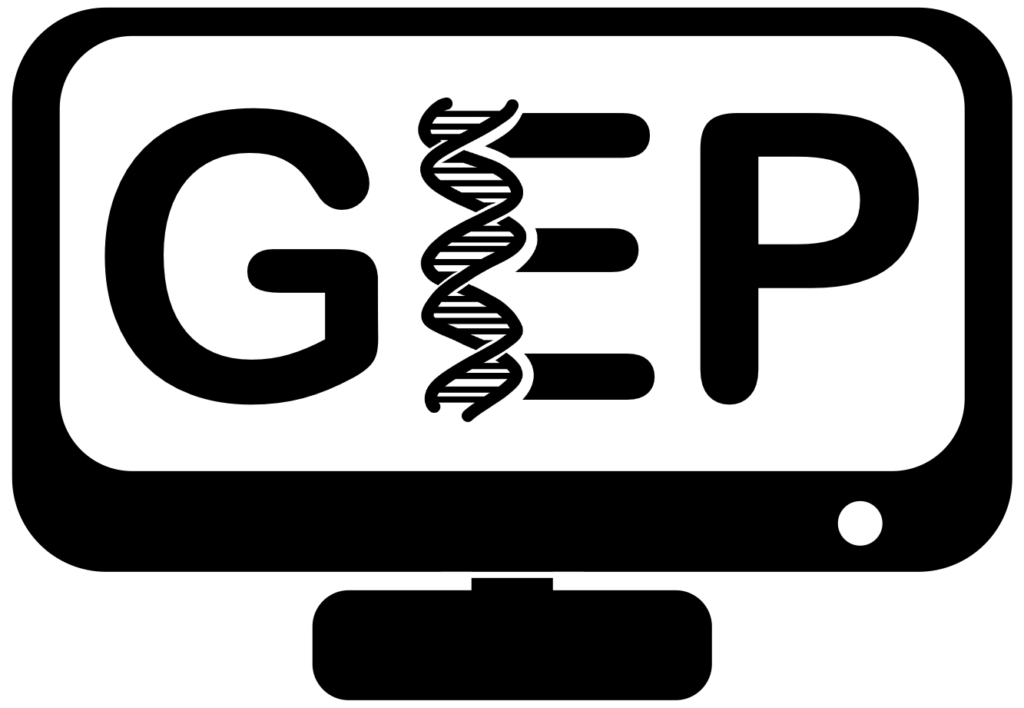Pathways Project: Annotation Videos
The Pathways Project is focused on annotating genes found in well-characterized signaling and metabolic pathways across the Drosophila genus. The current focus is on the insulin signaling pathway which is well-conserved across animals and critical to growth and metabolic homeostasis. The long-term goal of the Pathways Project is to analyze how the regulatory regions of genes evolve in the context of their positions within a network. For a general project overview, see the following video by Dr. Laura K. Reed:
Pathways Project Walkthrough Series
This series of videos based on the Pathways Project Annotation Walkthrough is intended to help GEP students annotate a Pathways Project gene from start to finish. The full series is available on the GEP YouTube Channel.
Pathways Gene Annotation Walkthrough Videos
- Introduction
- Part 1: Examine genomic neighborhood surrounding target gene in D. melanogaster
- Part 2.1: Retrieve protein sequence of target gene in D. melanogaster
- Part 2.2: Perform a BLAST search of D. melanogaster protein against the target species’ genome
- Part 2.3: Summarize tblastn results for protein on target species’ scaffold
- Part 3.1: Examine evidence for a protein-coding gene in region surrounding the tblastn alignment in the target species
- Part 3.2: Use synteny to gather additional evidence for the ortholog assignment
- Part 4: Determine target gene’s structure in D. melanogaster
- Part 5: Determine approximate location of coding exons (CDS’s) in target species
- Part 6.1: Verify start codon coordinates
- Part 6.2: Verify stop codon coordinates
- Part 6.3: Determine phases of donor and acceptor splice sites
- Part 6.4: Use spliced RNA-Seq reads to verify coordinates for Intron-1
- Part 6.5: Use splice junction predictions to verify coordinates for second intron
- Part 7.1: Verify gene model of protein
- Part 7.2: Download files required for project submission
- Part 7.3: Merge project files
- Appendix A: Combining (or Batching) BLAST Searches
